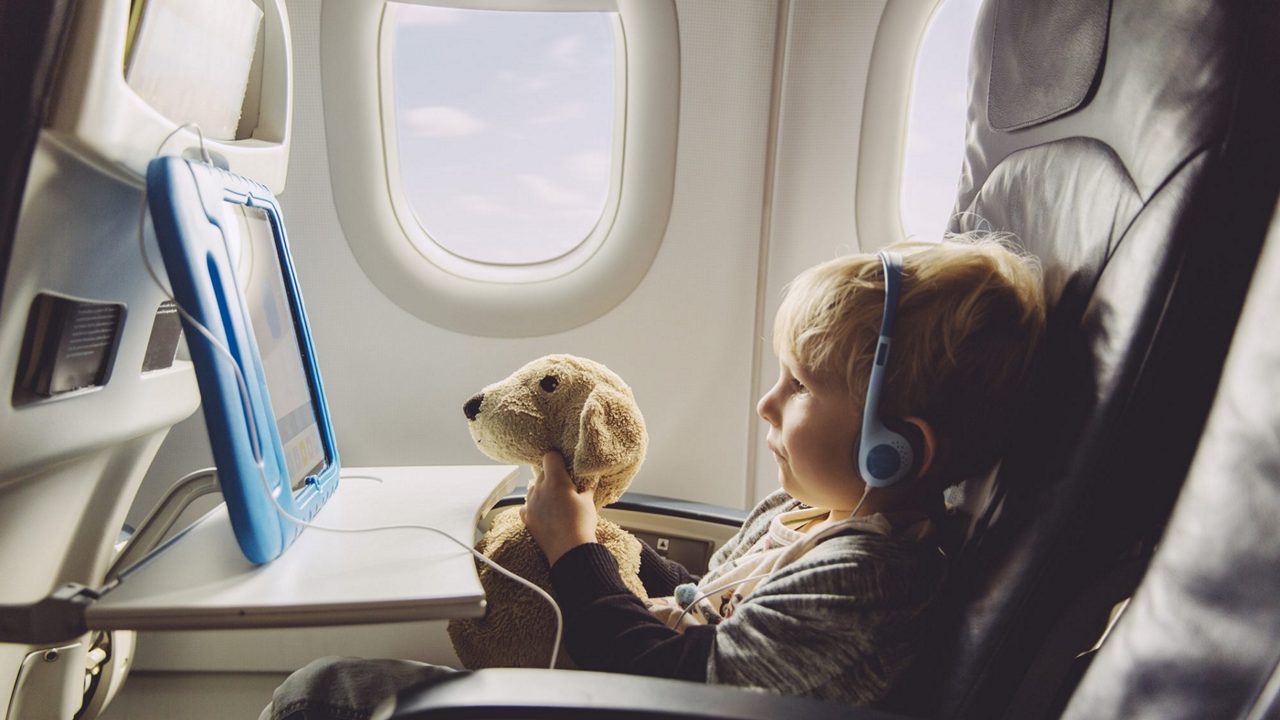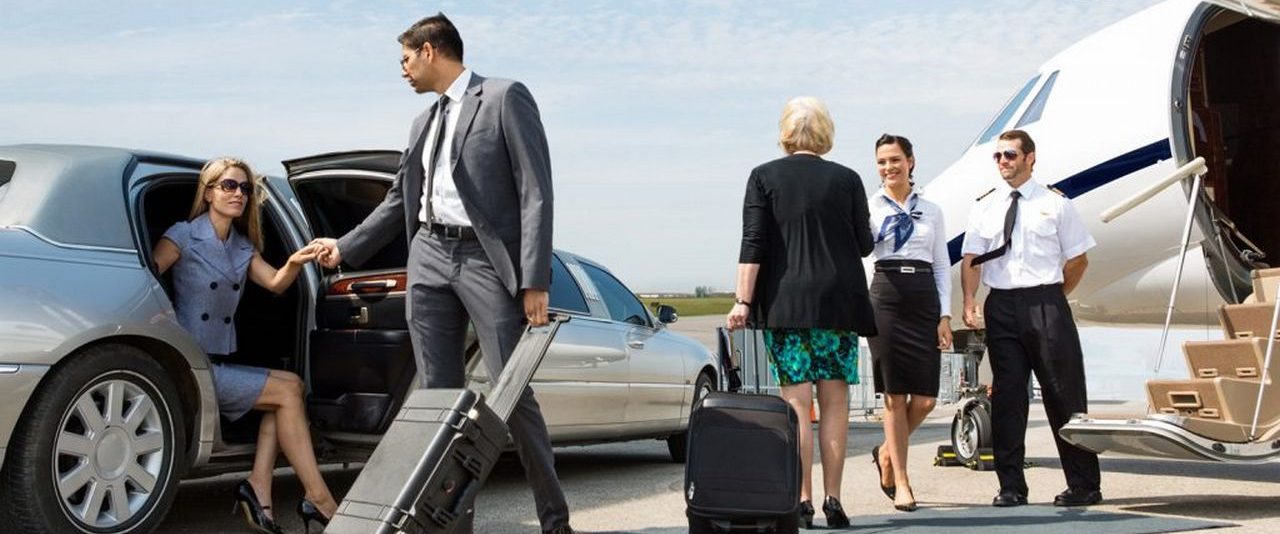Needless to say, that before you go abroad, you need to improve your English skills: as a universal language of world communication, English will help you communicate in almost any country in the world. But it is a rule of etiquette to know the few most important words and expressions in the country’s language you are going to (at least at the level of “Hello!”, “Thank you!”, and “Could you tell me where the toilet is, please?”)
Tips on how best to prepare for a flight

Planning your trip: Don’t forget your passport, visa, and currency
- Ensure you have a valid passport. If you are traveling with children, make sure you have all the necessary documentation for them.
- Make sure that you bring enough foreign currency with you that is valid in the destination country.
- If you are carrying credit cards, check out that they will not be blocked by the bank when you cross the border (tell the bank which countries you plan to use them to pay).
- Make copies of your passports. While in a foreign country the passports should be left in the hotel safe, and a copy should always be with you – so you have less chance of losing the original.
Booking Tickets: It’s Better to Fly without Changes
Try to book a non-stop flight. Any “connections” are inherently risky: flights can be delayed, postponed, and you will lose precious nerve cells.
Gadgets can help you pass the time on the road
When you’re packing for a trip, think of a way to stay in touch with your contacts back home. Examine the features of your cell phone plan (it may be worth changing it) and don’t forget to turn off the auto-renewal of mobile applications. Let the bill for international calls will not be an unpleasant surprise for you!
Bring all the necessary gadgets with you, along with chargers. Don’t forget the headphones! If you have a child traveling with you, take his favorite tablet and separate headphones for him/her. And of course, download lots of good music, audiobooks, games, and movies – it will entertain both you and your child.
If you are taking a laptop with you, don’t leave it at the bottom of the case, that way you can easily get it out in case customs officers want to check the contents of its hard drive.
Baggage and hand baggage: leave valuables in your hand baggage, but do not exceed the weight limit
When you’re preparing for your flight, you should ask the airline about the maximum weight limit for hand and baggage you may take on board – and, of course, don’t exceed it.
You should distinguish between “baggage” and “carry-on baggage”. The most important things should be in your hand baggage: documents, money, valuables, mobile devices, medicine… It will save you a headache – literally and figuratively.
If you have something valuable in your baggage, “suitcase wrapping” is a service that will wrap your suitcase in a plastic film for about $15 to protect it from burglary and damage.
Check-in: Arrive at the check-in counter or check-in online
If check-in is quick, you can, for example, store “tax-free” products or just relax before your flight. Remember that the check-in counter closes 40 minutes before departure and that there will be no waiting for late check-ins.
If there is an online check-in service at your airport, you should better do it at home by printing out your boarding pass. If your baggage is overweight and you can’t leave anything else at home, it may be a good idea for you to take a hand baggage.
Boarding: Wait for boarding notices or watch the boarding map
So you received your boarding pass, checked in, and checked out your bags. Now you are waiting for the boarding announcement. You can also follow the information on the board.
After the boarding announcement, you take your hand baggage and go to the terminal you need (its number is printed on the boarding pass). You are transported to the plane, by transporter or bus, and you are on board!
